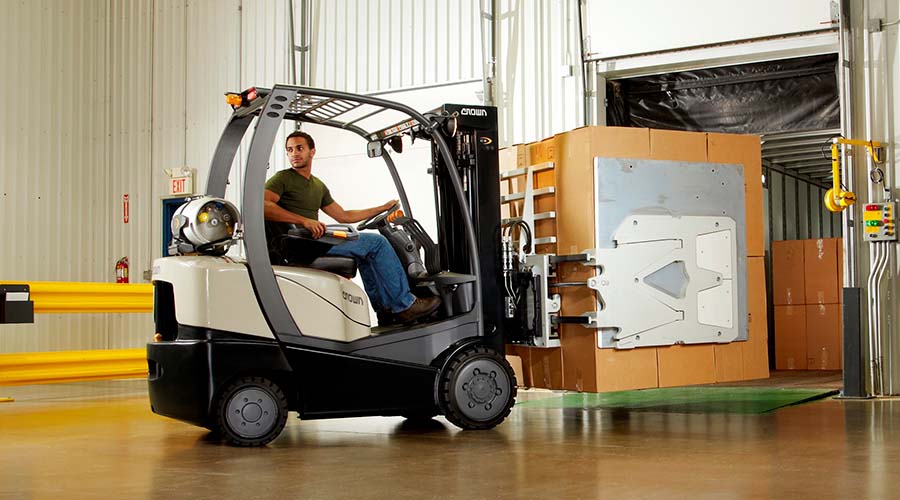Three Strategies for Reducing Turnover Among Forklift Operators

Despite advances in automation, warehouses are still dependent on people, and those qualified people are becoming harder to find and retain. A key to employee retention is motivation and engagement. Workers who feel valued and find their work rewarding are less likely to look for new opportunities elsewhere. Here are three strategies for reducing turnover among forklift operators.
1. Provide state-of-the-art trucks and technology
Forklifts based on human-centric design principles can create a positive environment and a distinct impact on driver satisfaction and performance. This includes features such as adjustable seats and armrests that allow operators to adapt the forklift to their body type, and power steering and ergonomic controls that reduce fatigue. Today’s advanced technologies can also provide productivity and ergonomic benefits. For example, technology that enables operators to remotely advance the pallet truck in low-level picking applications without repeatedly returning to the truck can save time and steps while reducing fatigue.
2. Share management data
Equipping forklifts with wireless technology that connects to a centralized fleet management system allows warehouse managers to gather actionable data on forklift operator performance in areas such as safety and productivity. Armed with this data, organizations can reward high performers and address issues with poor performers. Sharing performance data with operators, particularly positive trends, helps reinforce good behavior and can encourage operators to feel like they are part of a team working collaboratively with management to improve productivity and safety.
3. Enable growth through training
Shifting the learning environment from the classroom to the warehouse and replacing text-heavy manuals with videos helps make training accessible to operators at any time. This allows operators to integrate short training sessions into the workday to reinforce concepts. Learning management systems (LMS) enable personnel to access visual content outside the classroom and help manage the delivery of appropriate content based on operator skill level and performance. The individualized training helps prepare them for evaluation by – and feedback from – instructors, creating a cycle of continuous learning and improvement.
Warehouse operators focused on employee retention can minimize turnover and increase the value of their most important asset – people – by using data from forklift fleet management systems to proactively address problems with poor performers and reward high-performers, while leveraging new approaches to training that empower operators to learn new skills and become more proficient.
For more information on connected solutions that can help train, manage, motivate and retain employees, visit crown.com.